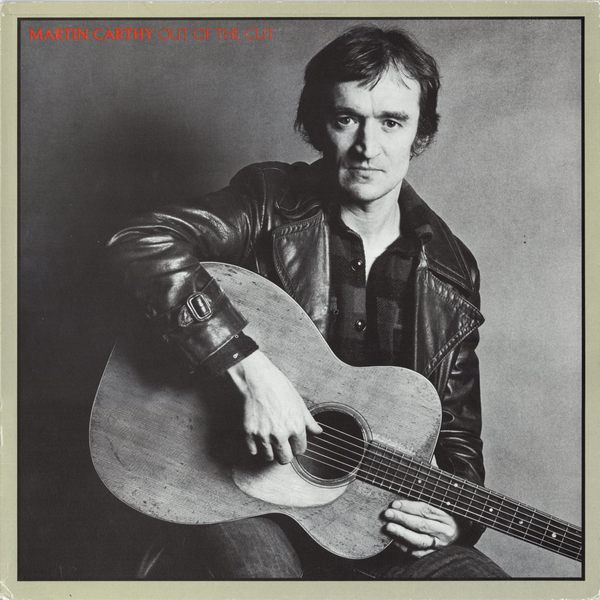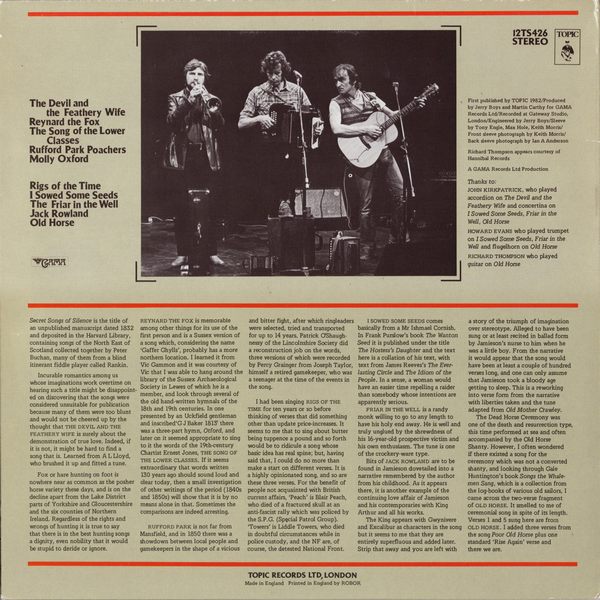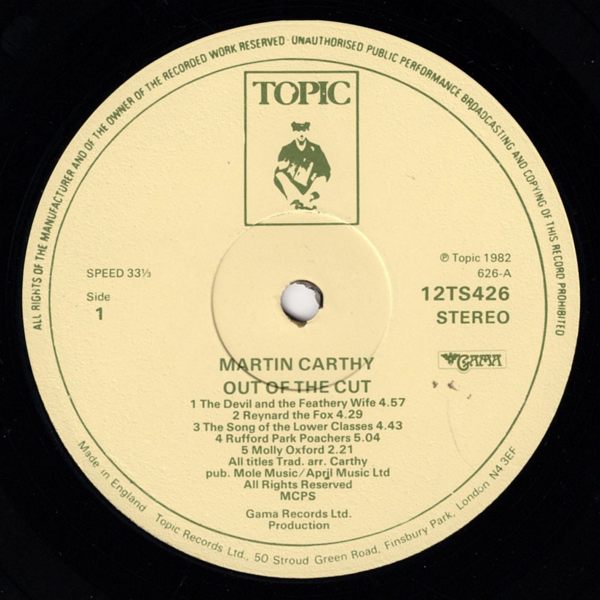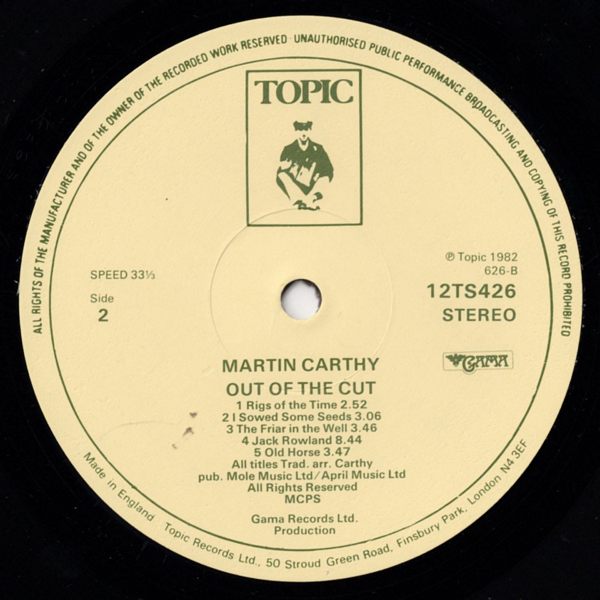
 |


 |
Sleeve Notes
Secret Songs of Silence is the title of an unpublished manuscript dated 1832 and deposited in the Harvard Library, containing songs of the North East of Scotland collected together by Peter Buchan, many of them from a blind itinerant fiddle player called Rankin.
Incurable romantics among us whose imaginations work overtime on hearing such a title might be disappointed on discovering that the songs were considered unsuitable for publication because many of them were too blunt and would not be cheered up by the thought that THE DEVIL AND THE FEATHERY WIFE is surely about the demonstration of true love. Indeed, if it is not, it might be hard to find a song that is. Learned from A L Lloyd, who brushed it up and fitted a tune.
Fox or hare hunting on foot is nowhere near as common as the posher horse variety these days, and is on the decline apart from the Lake District parts of Yorkshire and Gloucestershire and the six counties of Northern Ireland. Regardless of the rights and wrongs of hunting it is true to say that there is in the best hunting songs a dignity, even nobility that it would be stupid to deride or ignore.
REYNARD THE FOX is memorable among other things for its use of the first person and is a Sussex version of a song which, considering the name 'Gaffer Ghylls', probably has a more northern location. I learned it from Vic Gammon and it was courtesy of Vic that I was able to hang around the library of the Sussex Archaeological Society in Lewes of which he is a member, and look through several of the old hand-written hymnals of the 18th and 19th centuries. In one presented by an Uckfield gentleman and inscribed 'G J Baker 1813' there was a three-part hymn, Otford, and later on it seemed appropriate to sing to it the words of the 19th-century Chartist Ernest Jones, THE SONG OF THE LOWER CLASSES. If it seems extraordinary that words written 130 years ago should sound loud and clear today, then a small investigation of other writings of the period (1840s and 1850s) will show that it is by no means alone in that. Sometimes the comparisons are indeed arresting.
RUFFORD PARK is not far from Mansfield, and in 1850 there was a showdown between local people and gamekeepers in the shape of a vicious and bitter fight, after which ringleaders were selected, tried and transported for up to 14 years. Patrick O'Shaughnessy of the Lincolnshire Society did a reconstruction job on the words, three versions of which were recorded by Percy Grainger from Joseph Taylor, himself a retired gamekeeper, who was a teenager at the time of the events in the song.
I had been singing RIGS OF THE TIME for ten years or so before thinking of verses that did something other than update price-increases. It seems to me that to sing about butter being tuppence a pound and so forth would be to ridicule a song whose basic idea has real spine; but, having said that, I could do no more than make a start on different verses. It is a highly opinionated song, and so are these three verses. For the benefit of people not acquainted with British current affairs, 'Peach' is Blair Peach, who died of a fractured skull at an anti-fascist rally which was policed by the S.P.G. (Special Patrol Group). 'Towers' is Liddle Towers, who died in doubtful circumstances while in police custody. and the NF are, of course, the detested National Front.
I SOWED SOME SEEDS comes basically from a Mr Ishmael Cornish. In Frank Purslow's book The Wanton Seed it is published under the title The Hostess's Daughter and the text here is a collation of his text, with text from James Reeves's The Ever-lasting Circle and The Idiom of the People. In a sense, a woman would have an easier time repelling a raider than somebody whose intentions are apparently serious.
FRIAR IN THE WELL is a randy monk willing to go to any length to have his holy end away. He is well and truly unglued by the shrewdness of his 16-year-old prospective victim and his own enthusiasm. The tune is one of the crockery-ware type.
Bits of JACK ROWLAND are to be found in Jamieson dovetailed into a narrative remembered by the author from his childhood. As it appears there, it is another example of the continuing love affair of Jamieson and his contemporaries with King Arthur and all his works.
The King appears with Gwynivere and Excalibur as characters in the song but it seems to me that they are entirely superfluous and added later. Strip that away and you are left with a story of the triumph of imagination over stereotype. Alleged to have been sung or at least recited in ballad form by Jamieson's nurse to him when he was a little boy. From the narrative it would appear that the song would have been at least a couple of hundred verses long, and one can only assume that Jamieson took a bloody age getting to sleep. This a reworking into verse form from the narrative with liberties taken and the tune adapted from Old Mother Crawley.
The Dead Horse Ceremony was one of the death and resurrection type, this time performed at sea and often accompanied by the Old Horse Shanty. However, I often wondered if there existed a song for the ceremony which was not a converted shanty, and looking through Gale Huntington's book Songs the Whale-men Sang, which is a collection from the log-books of various old sailors, I came across the two-verse fragment of OLD HORSE. It smelled to me of ceremonial song in spite of its length. Verses 1 and 5 sung here are from OLD HORSE. I added three verses from the song Poor Old Horse plus one standard 'Rise Again' verse and there we are.